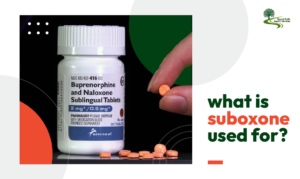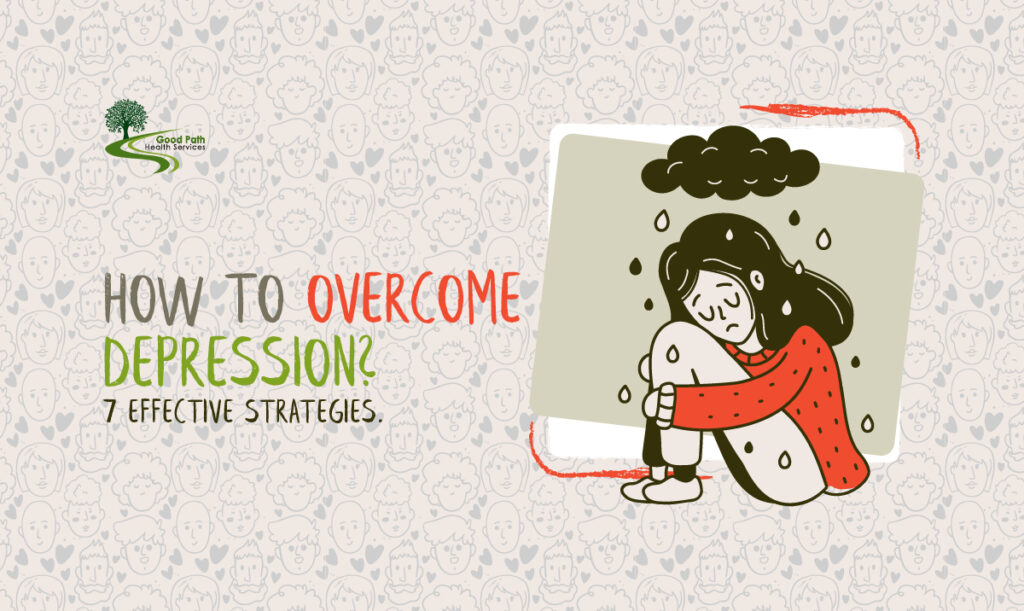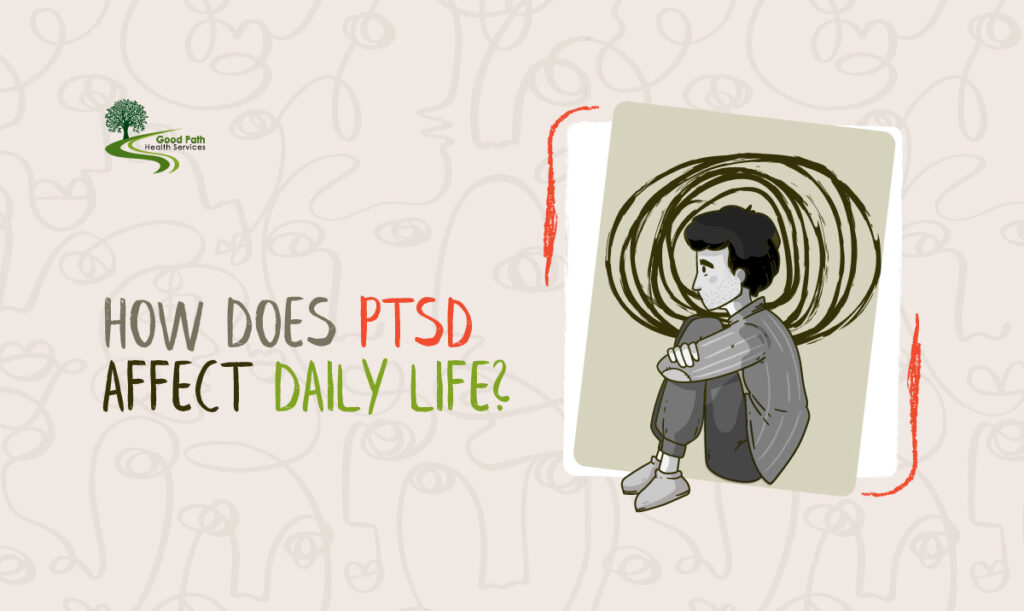
When we talk about the opioid crisis and the extent of its consequences, we often steer our conversations toward solutions.
One such solution that has steadily risen to the fore of addiction recovery is Suboxone.
This post is a foray into the specifics of this medication and provides information for those in recovery and our society as a whole.
We will examine Suboxone’s composition, its use in treating opioid dependence and the positive impact it creates in creating healthier communities.
What Is Suboxone Used For?
Suboxone is used to help people who are addicted to opioids (like heroin or prescription painkillers). It reduces their cravings and withdrawal symptoms.
The importance of Suboxone in addiction recovery is huge to say the least.
It’s an essential part of therapies intended to end the cycle of opioid use disorder (OUD).
This medication is a combination of two active ingredients: buprenorphine, a partial opioid agonist, and naloxone which is an opioid antagonist.
The former soothes the cravings and reduces the painful symptoms of withdrawal, while the latter is present to prevent abuse – it remains inactive unless the medication is misused by injection.
How Suboxone Works
When buprenorphine engages with the opioid receptors in the brain it does so in a specific manner.
Instead of eliciting the high and euphoria associated with full opioid agonists like heroin or prescription painkillers, buprenorphine’s partial activation gently transitions patients from those destructive highs to a stable and milder state of opioid dependence.
Naloxone is its partner and it stands guard and makes sure that diversion to misuse is far less likely and in the case of an attempted abuse, would initiate withdrawal.
Related Reads:
Benefits of Suboxone in Addiction Recovery
Suboxone acts as a safety net of sorts for those seeking recovery, cushioning the fall from acute opioid use and easing the early days of sobriety.
Here’s a deeper look at its benefits.
1. A reduction in withdrawal symptoms.
The beginning of the cycle of addiction is taking ahold of a person’s body and plugning them into a dependency where the absence of the drug causes agony.
Suboxone enters the picture with a gentler grip and staves off the harshness of withdrawal — in turn making the recovery process more bearable.
2. Prevention of cravings.
An insidious part of addiction is the psychological yearning for the drug.
Suboxone doesn’t just manage the physical aspect of dependency; it also addresses the mental hooks that keep patients ensnared.
In suppressing these cravings it provides a much-needed respite for the mind to start adjusting itself.
3. Support for Long-Term Recovery
For many, the ultimate measure of a recovery program’s efficacy is its long-term success.
When Suboxone’s a part of a comprehensive treatment plan (including therapy and counseling) — it can hugely improve the chances of maintaining sobriety.
It’s not a cure-all but it is a potent aid in the fight against addiction.
Medical Guidelines and Usage
Although Suboxone offers promise — it must be used correctly for it to be effective.
Medical professionals and patients need to adhere to stringent guidelines for the best patient care.
1. Proper Administration and Dosages
The science behind Suboxone lies in its adjustment.
Medical professionals must find the right dose, not too little to result in withdrawal and not too much to risk dependency.
Patients are advised to start Suboxone under a doctor’s care with their dose adjusted as needed and within prescribed limits.
For effective Suboxone treatment, reach out to Good Path Health Services.
2. Guidelines for Usage
There can be some cases/scenarios that demand caution when using Suboxone.
For instance if the patient is switching from full agonist opioids, they must be in a state of mild-to-moderate withdrawal before starting Suboxone.
Additionally, concurrent use of other drugs or alcohol can increase the dangers and call for close monitoring.
Related Read: Does suboxone make you tired?
Impact on the Addiction Recovery Community
The tale of Suboxone is incomplete without the narratives of those who have walked the pathway of recovery with its aid.
Further out in the social sphere, Suboxone emerges as a means for harm reduction.
By providing a safer, regulated alternative to street drugs, it stands at the forefront of fighting overdose risks.
Furthermore, in lifting the weight of addiction, Suboxone directly increases the collective standard of living within communities.
In Closing
The fight against opioid dependence is a multi-pronged one and Suboxone proves to be a helpful solution. It opens avenues for recovery where once there were only dead ends.
This medication isn’t magic cure but it reflects the possibility of recovery, both on a personal level and as a symbol for a society working towards a healthier tomorrow.
May this not just be the end of our discussion on Suboxone, but a beginning — of more research, sharing, and open conversations where knowledge is the antidote to the ignorance that allows addiction to persist.
If you’re looking for Suboxone treatment or are in search of online Suboxone doctors, contact us at Good Path Health Services today – we provide telehealth services to make treatment convenient for everyone.
FAQs
How can I find Suboxone clinics near me?
Simply searching “Suboxone clinics near me” or “telehealth suboxone doctors near me” online or using a health service locator app can help you find clinics specializing in Suboxone treatment.
What should I do if I need emergency Suboxone near me?
In urgent situations you should contact your nearest clinic offering Suboxone treatment or get immediate help at an emergency room to guide you on the next steps.
How to get Suboxone immediately?
For immediate access, go to a specialized clinic or an emergency healthcare facility that can provide Suboxone under supervision.
How to get Suboxone online, can it be obtained?
Yes, you can get Suboxone online. There are online Suboxone doctors and telehealth services that can prescribe Suboxone after an evaluation, making treatment accessible from home.
Can any doctor prescribe Suboxone?
Not all doctors can prescribe Suboxone. A physician must have specific training and a waiver from the DEA to offer Suboxone treatment.
Can you overdose on Suboxone?
Yes Suboxone overdose is possible.
Even though it’s used to treat opioid addiction but taking it inappropriately or in high doses could cause overdose.
Follow your healthcare provider’s instructions when taking Suboxone.
How do you get prescribed Suboxone?
Start by consulting a provider or a clinic specializing in opioid addiction treatment.
After evaluating your situation they can prescribe Suboxone if it’s deemed the best option.



